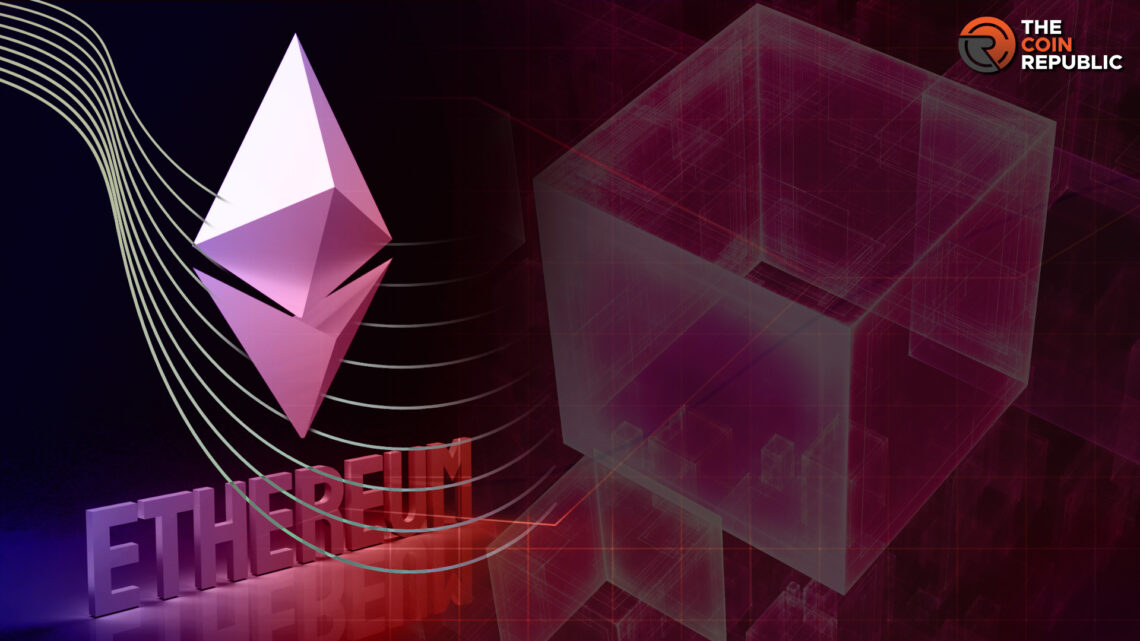- 1 DeFi fell short, had high transaction costs and time, and again kept poor people out of the loop.
- 2 Ethereum stumbles and high transaction costs are still a challenge.
- 3 With brand leaders like Vitalik Buterin, the strong Ethereum name remains an important asset.
Decentralized finance (DeFi) represented the evolution of cryptocurrency into a cheaper alternative to traditional banking. It promised transactions with nearly zero costs. The aim was to drastically reduce the cost of financial transactions, especially for populations that are unbanked or financially underprivileged.
Drawbacks of the Ethereum Blockchain
Contrary to the initial vision, using cryptocurrencies has become expensive. It is primarily accessible to the affluent, not the economically challenged. The transaction fees on major blockchains like Ethereum can be quite high, which makes it very impractical for small transactions.
A transfer of ETH halfway around the world on the Ethereum blockchain may set the user back US$ 3.50, and a stablecoin transaction might cost US$ 8. Moreover, sending wrapped bitcoin from Ethereum to Polygon using the Polygon generic bridge will empty the user’s pocketbook for about what the US trade dollar in bureau changes today is worth.
The dream of instant transactions, a hallmark of the crypto revolution, has been challenged by traditional banks that have enhanced their speed, security, and user-friendliness while maintaining cost-effectiveness. As a result, the selling points of crypto, aside from the debated benefits of “self-custody,” are diminishing.
Ethereum, once hailed for its versatility, now grapples with the dominance of high transaction costs. Practical use of ether is limited to transactions with significant value, as only then can the substantial fees be justified as a small percentage of the overall transaction. This exclusivity makes Ethereum less appealing for mainstream adoption.
Ethereum Comparison with Other Blockchains
Other blockchain networks, among them the likes of Polygon (previously Matic), Solana, Optimism, and Avalanche, as well as Arbitrum or even Binance Smart Chain, are vying for its place.
As Bitcoin maintains its path towards decentralization without change, these new platforms are vying against it and will take the throne away from Ethereum. With Ethereum facing transaction cost challenges, its competitors are gaining traction.
Despite Ethereum’s challenges, it retains a strong position due to its established brand, largely attributed to figures like Vitalik Buterin. In the crypto space, brands hold significant value, and memes shape perceptions.
Other blockchain networks struggle to establish a comparable brand presence, facing the inherent instabilities of new tech businesses and unique issues stemming from the culture surrounding blockchain technology, coupled with a lack of charismatic figures to ignite social media interest.
Emerging Blockchains
The crypto landscape is witnessing a shift as competitors aim to dethrone Ethereum amid concerns about high transaction costs. While Ethereum’s brand remains a formidable asset, the emerging blockchain contenders are leveraging their strengths to challenge the status quo.
The ongoing evolution of the crypto space underscores the dynamic nature of the industry and the quest for a more accessible and cost-effective financial ecosystem.

Adarsh Singh is a true connoisseur of Defi and Blockchain technologies, who left his job at a “Big 4” multinational finance firm to pursue crypto and NFT trading full-time. He has a strong background in finance, with MBA from a prestigious B-school. He delves deep into these innovative fields, unraveling their intricacies. Uncovering hidden gems, be it coins, tokens or NFTs, is his expertise. NFTs drive deep interest for him, and his creative analysis of NFTs opens up engaging narratives. He strives to bring decentralized digital assets accessible to the masses.


 Home
Home News
News










